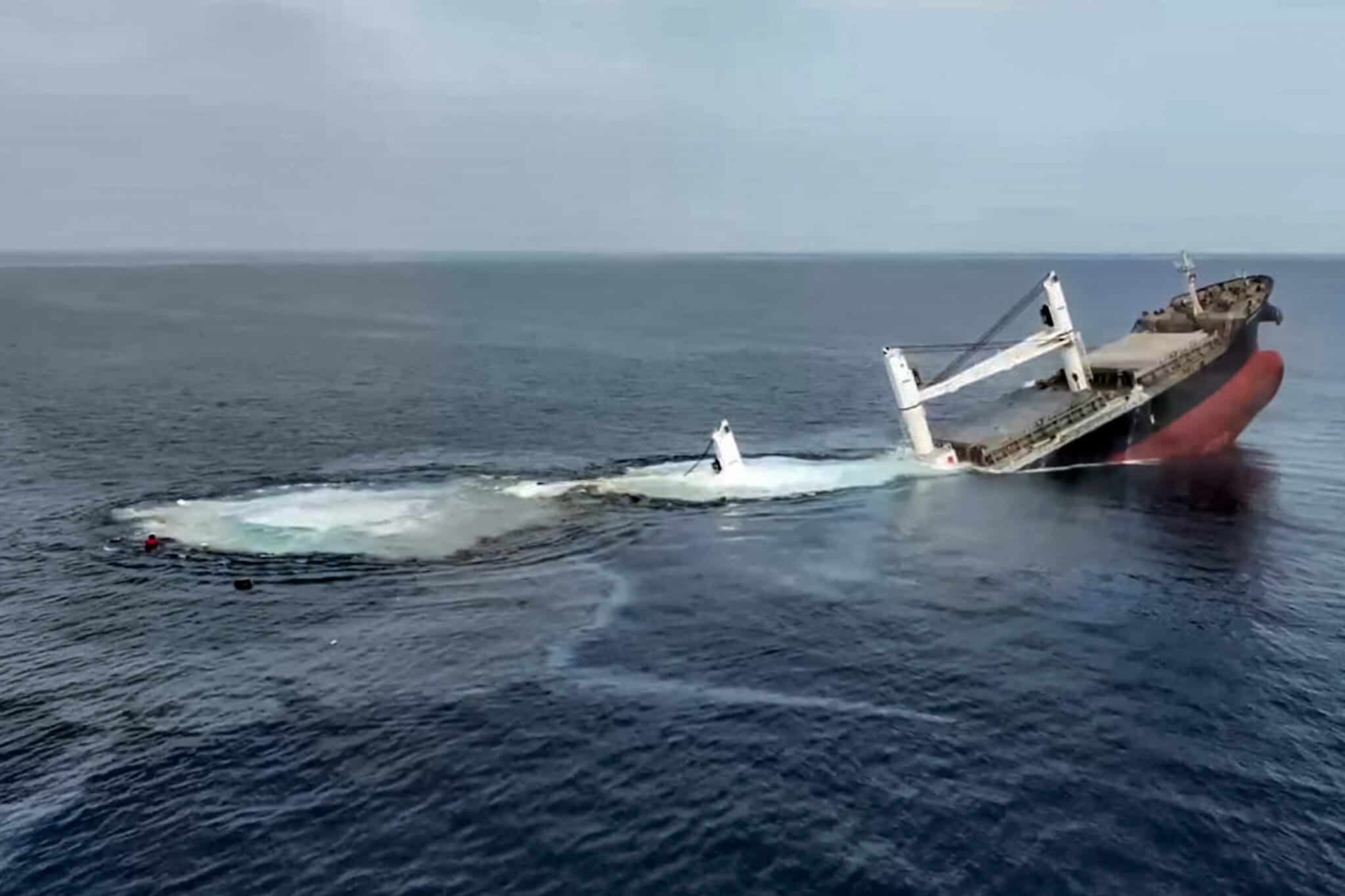‘All Crew Muslim’: Red Sea ships broadcast messages in bid to avoid Houthi attacks

Commercial vessels navigating the Red Sea are taking extraordinary precautions to avoid attacks from Yemen’s Iran-backed Houthi rebels. Following a series of deadly assaults this week, ships are now broadcasting their nationality and even religious affiliations via public tracking systems. This shift comes as maritime traffic has significantly declined since the Houthis intensified their operations in November 2023, claiming their actions are in solidarity with Palestinians amid the ongoing Gaza conflict.
Heightened Risks and New Strategies
The Red Sea is a vital corridor for global oil and commodity shipments, but recent Houthi attacks have raised alarm among shipping companies. The rebels sank two vessels this week, marking a resurgence in hostilities after a period of relative calm. Houthi leader Abdul Malik al-Houthi has made it clear that any ships associated with Israel will not be allowed passage. In response, many vessels traversing the southern Red Sea and the Bab al-Mandab strait have begun to modify their Automatic Identification System (AIS) profiles. These profiles now include messages indicating the presence of all-Chinese crews or armed guards on board, as well as explicit statements denying any ties to Israel.
One vessel’s AIS message read, “All Crew Muslim,” while others emphasized their lack of connection to Israel. Maritime security experts view this as a desperate attempt to deter Houthi attacks, although they remain skeptical about its effectiveness. Sources indicate that Houthi intelligence operations are sophisticated and proactive, making it challenging for vessels to evade scrutiny. Despite these precautions, the risk of being targeted remains high, especially for ships that have previously docked at Israeli ports.
Impact on Maritime Operations
The recent escalation in attacks has led to a dramatic increase in shipping insurance costs, with some underwriters halting coverage for specific voyages. The number of daily sailings through the Bab al-Mandab strait has plummeted, with only 35 vessels reported on July 10, down from an average of 79 in October 2023. This decline reflects the heightened fears among shipping companies regarding the safety of their operations in the region.
In March 2024, the Houthis targeted a Chinese-operated tanker with ballistic missiles, despite prior assurances that they would not attack Chinese vessels. This incident underscores the unpredictable nature of the threat posed by the Houthis, who have also targeted ships trading with Russia. The ongoing conflict has made the Red Sea and Bab al-Mandab strait high-risk areas, as noted by insurance broker Aon. The organization has emphasized the need for continuous monitoring and adaptive security measures for ship operators navigating these perilous waters.
Despite a ceasefire agreement reached with the U.S. in May, the Houthis have continued their missile attacks on Israel and resumed targeting commercial vessels. The situation remains precarious, with the potential for further escalation as the conflict in the region evolves. As the maritime community grapples with these challenges, the safety of seafarers—who play a crucial role in global trade—remains a pressing concern.
